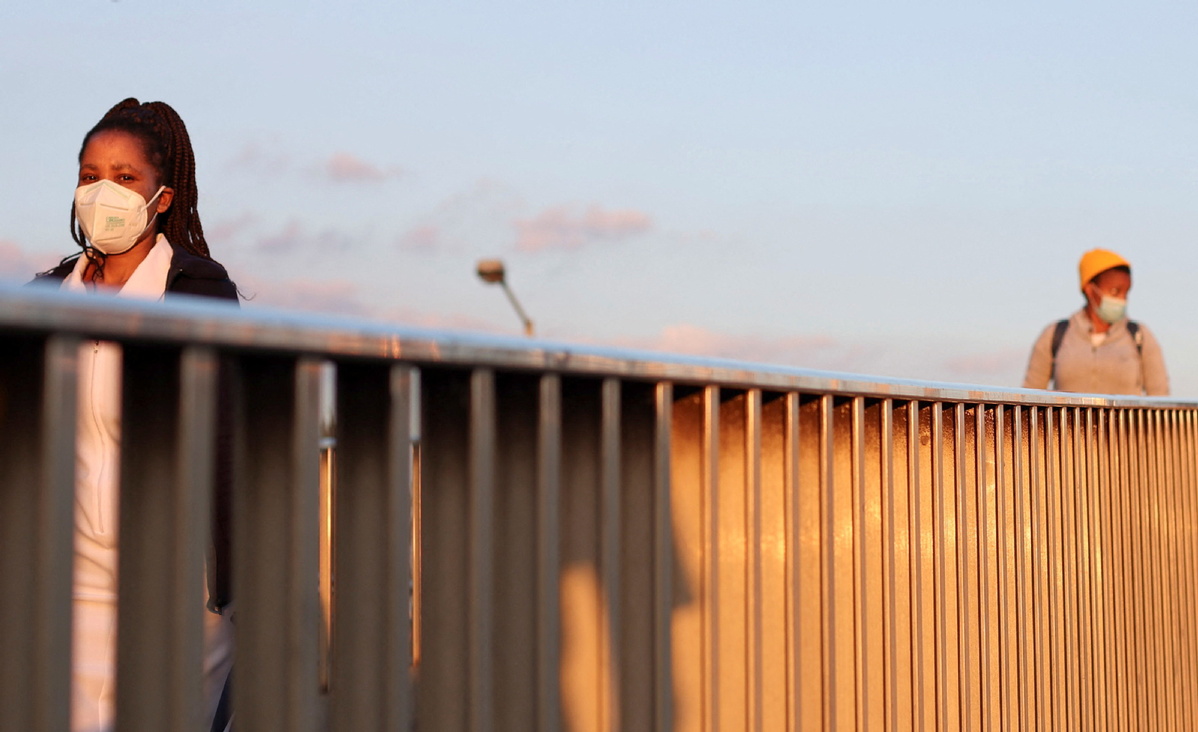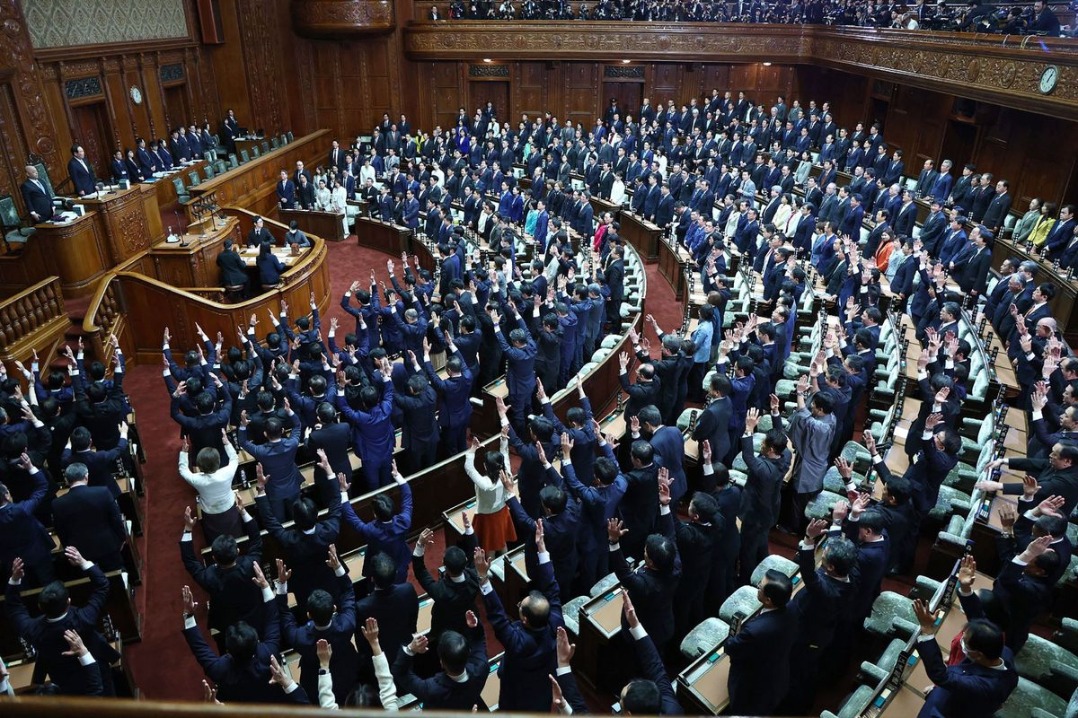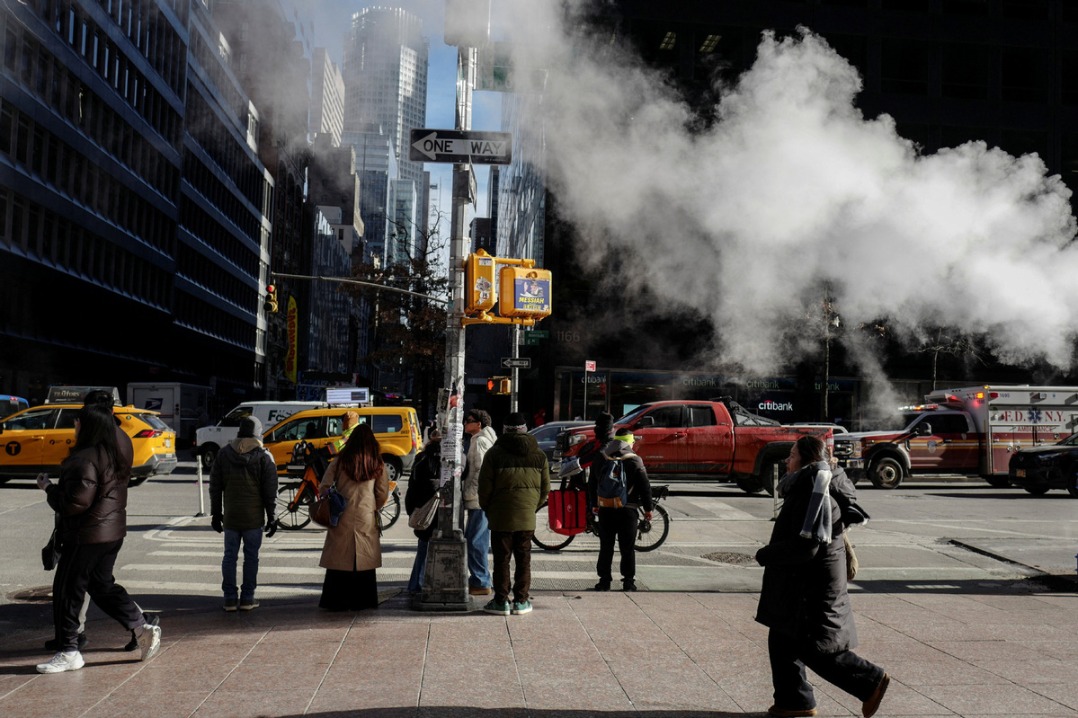Africa experiences decline in COVID-19 cases


The number of new COVID-19 infections in Africa continues to decline as countries scale up vaccination to achieve herd immunity, as the continent marked two years since reporting the first COVID-19 case on Monday.
According to data from Africa Centers for Disease Control and Prevention, between Jan 31 and Feb 6 the continent reported a 29 percent decrease in the number of new cases.
COVID-19 deaths also declined by 6 percent compared with the previous week when fatalities were on an upward trend.
The highest proportion of new cases came from the northern Africa region, accounting for 68, followed by the southern region with 21 percent.
Among the five countries that reported the highest number of new cases, four were from northern Africa — Tunisia leading with 35, 640 cases followed by Libya with 23,284, Egypt with 15,963 and Morocco with 14,527 new cases.
South Africa reported the third highest number of new cases at 20, 106.
So far, 40 member states of the African Union have reported the Omicron variant and according to Africa CDC director John Nkengasong, since November six member states have reported the Omicron BA.2 sub-lineage.
Nkengasong said the sub-lineage is currently the dominant variant in South Africa but noted there should be no cause for alarm provided people continue to observe the health measures of wearing face masks when in public and observing social distance as well as getting vaccinated.
"Even if transmissibility of the sub-lineage is higher than the parent Omicron, there is no severity of disease and no differences in vaccine response," he said.
To date, Africa has fully vaccinated 11.7 percent of its population against COVID-19 and even though the continent lags behind on the rate of vaccination compared to other parts of the world, it now has a steady supply of vaccines.
Data from the World Health Organization indicate the continent has received around 672 million doses of COVID-19 vaccines, of which 65 percent were facilitated by COVAX, 29 percent via bilateral deals and six percent though the African Union's Vaccines Acquisition Trust.
To further enhance vaccine uptake across the continent, Nkengasong said plans are underway to launch the African Youth for COVID-19 Vaccination Initiative in the next two weeks.
The campaign, which will be spearheaded by the AU Commission youth division and the AU Youth Envoy, is aimed at encouraging young people to get vaccinated.
"We believe strongly that if we don't engage the youth and take ownership and leadership of this, we will continue to struggle to get the 70 percent target," Nkengasong said.
"The bulk of who we see as hesitant to vaccines are probably young people. If they step in and show ownership and leadership and recognize that this is a generational crisis and if we don't get them involved and solve it, we will continue to live with the virus."
































